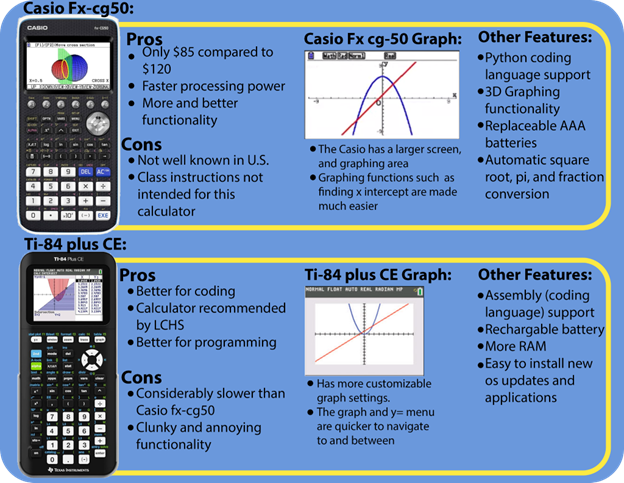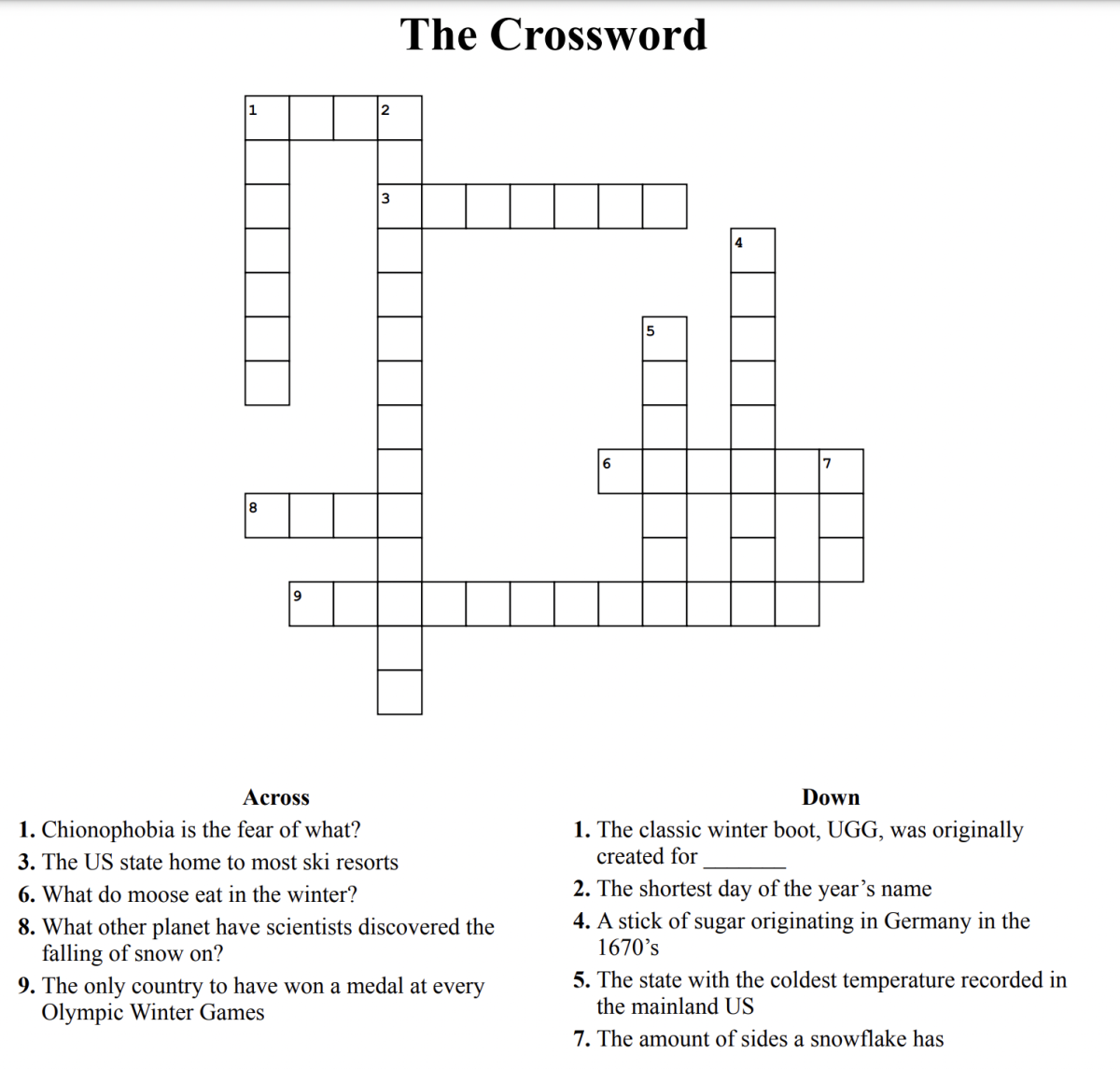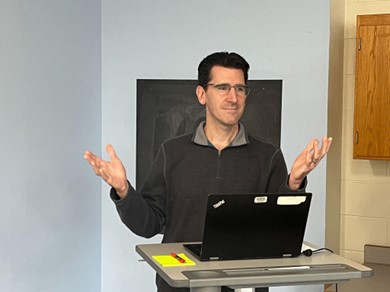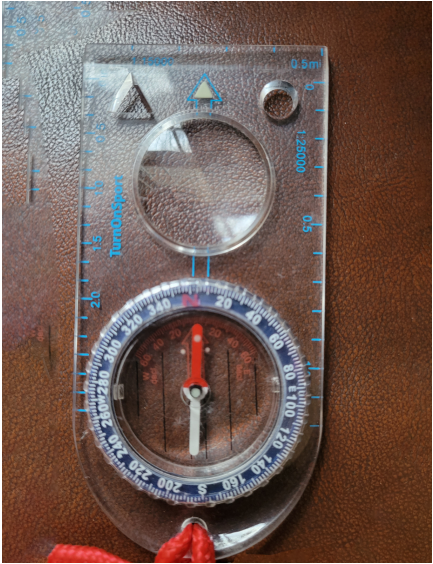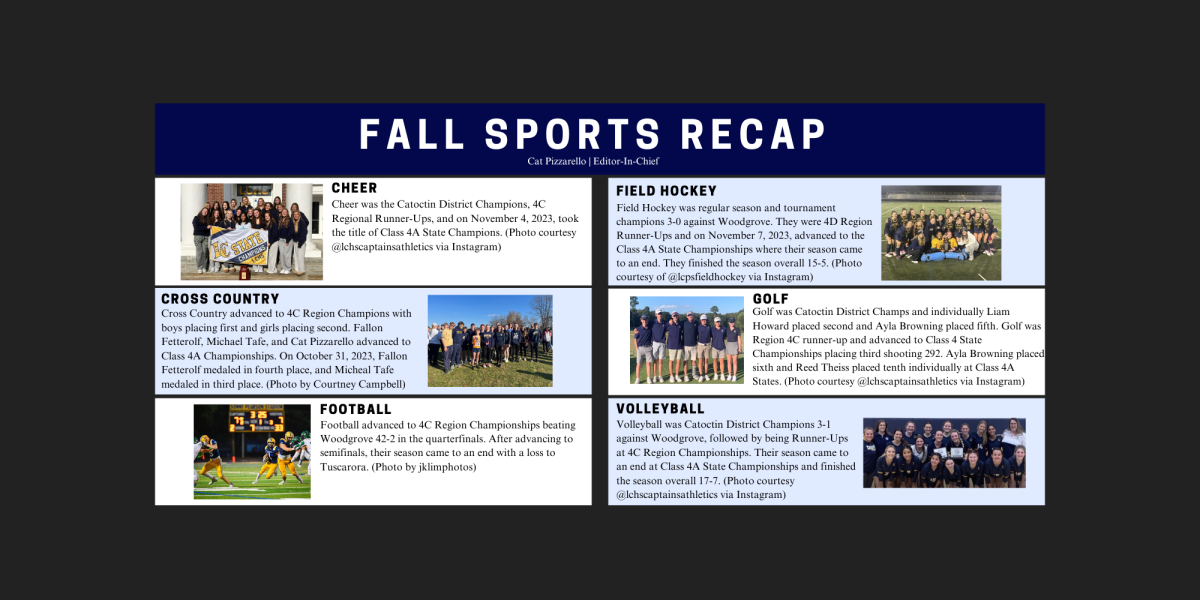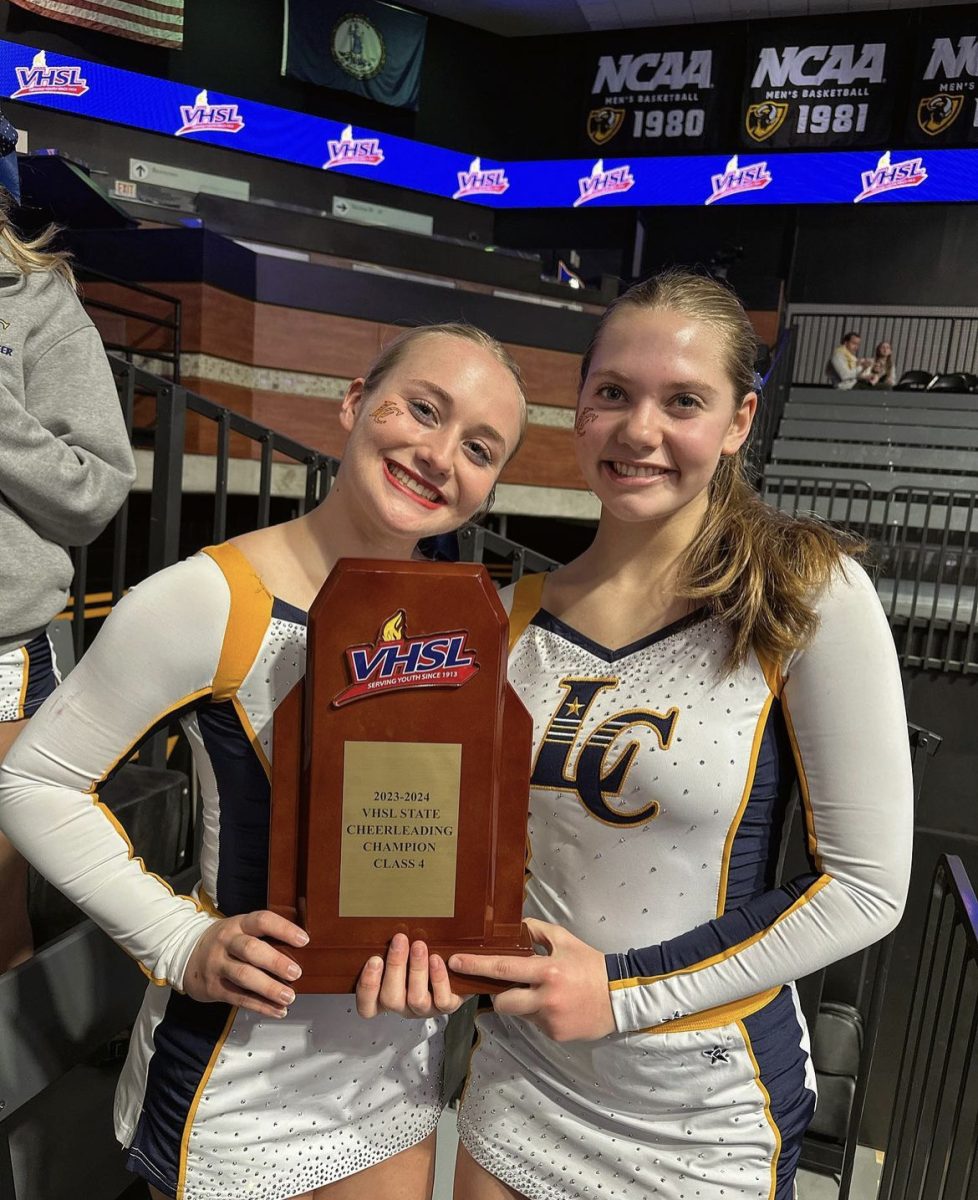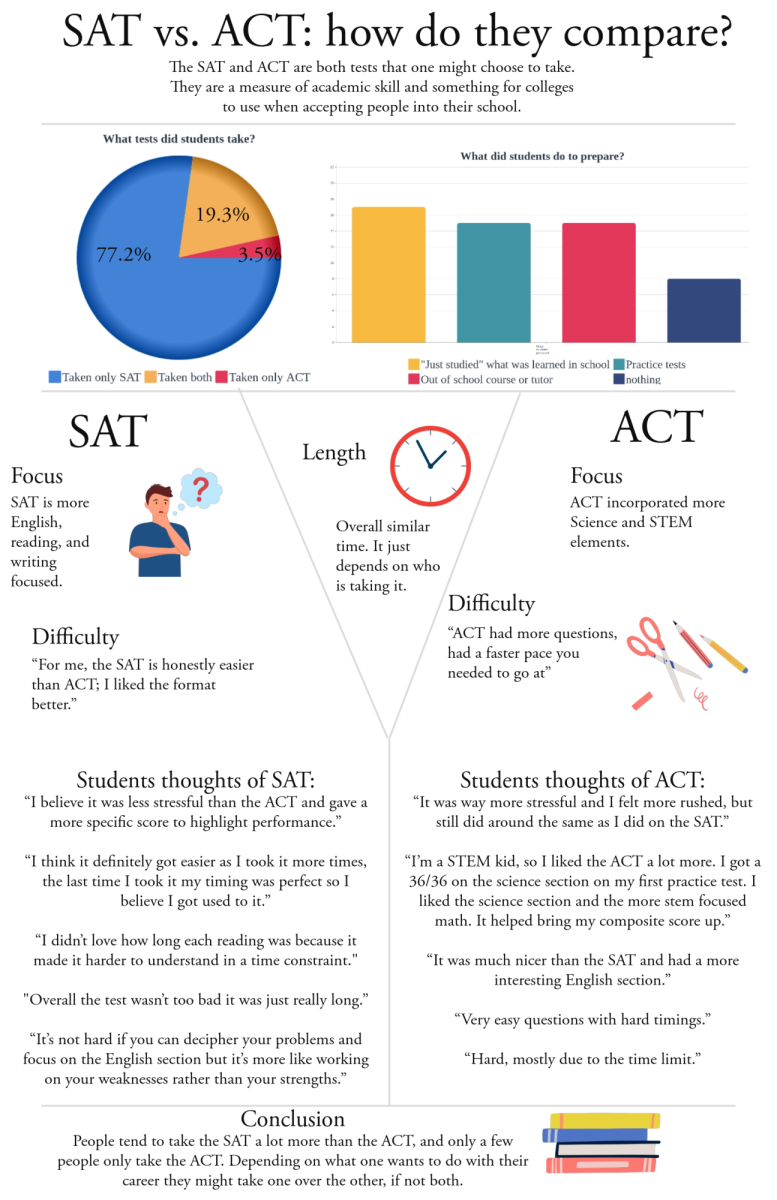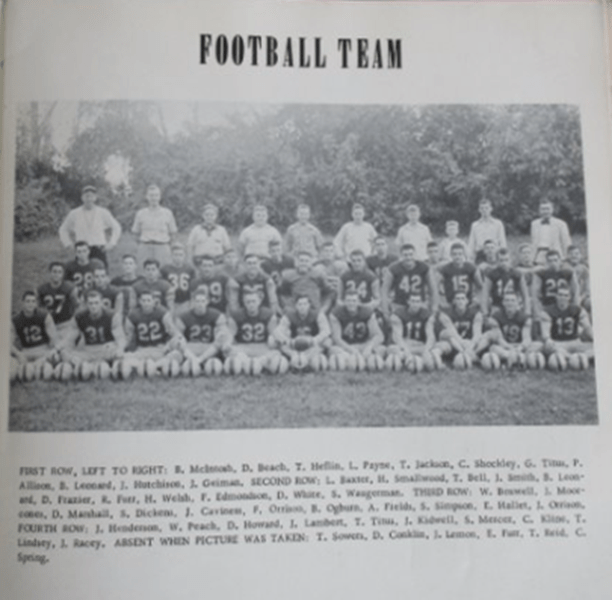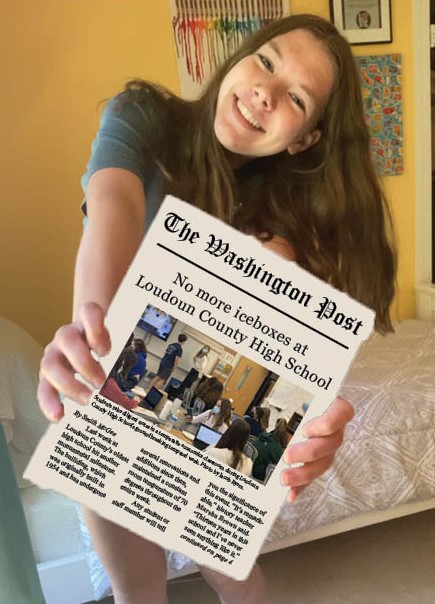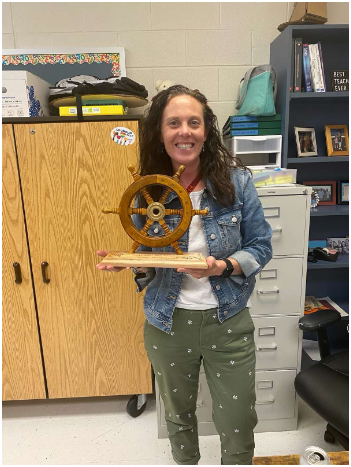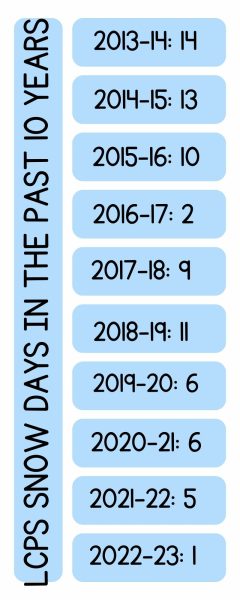Graduates are under-prepared for higher learning
It’s the next stop for many high school graduates in their inevitable pursuit of higher learning. Many of these students are finding themselves in this new environment known as college and are unprepared for survival in this new wilderness. They arrive freshman year believing that high school has provided them with all the necessities for survival, but many of these graduates are realizing that they are lacking some necessary skills.
The Loudoun Raider sought opinions from County graduates about how well high school prepared them for college. The informal survey was sent out to voluntary participants. Overwhelmingly, the responses told of college students who had trouble smoothly adapting to college style classes.
The most notable comment regarding the transition from high school to college is the lack of midterms and final exams.
“In high school when you finished a test the information you just tested on got brain dumped because you knew you weren’t going to need it for the next test,” said 2017 graduate Charlotte Mullins.
“In college, most of the time, knowledge, and skill are built on one another… you have to remember what you covered during the first week of classes to explain the information you learned right before your final.”
Midterms and final exams were dropped by Loudoun County during the 2014-2015 school year. College students noted that the lack of long-term exams in high school left them unprepared for college.
“I do wish I had midterms in my harder classes later on to help with how I prepare for college exams,” said 2017 graduate Steve Daniel.
Though these graduates cheered the cancelation of midterms and finals in the thick of their high school experiences, now a majority of them resent the lack of practice they had taking these cumulative tests.
“I do think that if I had more experience with them in high school I would have better study habits for these types of exams,” said Charles Coleman, a 2018 graduate.
Meri-Tate Vaughan, a 2015 graduate, took midterm and final exams until her senior year in high school, when the practice was dropped county-wide. “They prepared me with the skills and strategies to be able to take a test in a time sensitive manner,” she wrote of the exams. “Since they were taken away my senior year, I felt I had a lack of practice with timed tests when I entered my freshman year.”
Many of the graduates agreed that the late work policy was another aspect of high school that was hazardous to their education. “Regardless of whether or where they want to go to college the school should promote an atmosphere of preparedness and punctuality,” said Coleman.
A majority of the other graduates’ responses aligned with this belief that the late work policy in high school not only hindered their ability to adapt to college standards but to real life deadlines as well.
Sisi Dial, a 2019 graduate, said, “In the beginning of my first college semester I was struggling to manage my time and complete all my assignments on time,” and that the most harmful part of high school was, “the late work policy which did not teach me how to use my time wisely.”
Some graduates found that they had a more flexible schedule in college so the influence of the late work policy did not affect them. “In college, your schedule can vary in so many ways… there are a lot more gaps in the day to get homework done than in high school,” said Mullins.
Dual Enrollment classes are some of the only classes that are exempt from the late work policy because they are directly linked to a college institution and follow the deadline policies of that institution. “Most of my classes were actually dual enrollment so because it was through another institution we did have firm deadlines,” said Lauren McCloskey, a 2019 graduate.
This practice of turning work in on time was very beneficial, McCloskey said: “having that solid deadline is what motivates me to actually get my work done and be prepared for class.”
Vaughan agreed that deadlines helped prepare her for college. The 2015 graduate wrote that during her time in high school, “You either turned in your assignment on time or you don’t get credit. This kind of strategy of “all or nothing” is truly what college professors implement in their classes.”
“I feel like my AP/honors/dual enrollment classes prepared me for college because they required a high level of work quality and had a larger work load,” wrote Mullins. According to many of the graduates these classes were the only ones whose format truly prepared them for the workload of college classes.
“…they helped me learn strong study and work skills and broadened my ability to absorb more and more information,” wrote Coleman about AP classes. “I definitely am building off a lot of foundations that high school taught me.” Not everyone agrees.
“I found that the AP classes I took in high school were radically different from my college classes,” wrote Elyse Kimball, class of 2018. “The way they taught us to write essays was only for the AP test and not at all how we do them in college.”
Many of the graduates, despite taking AP or DE classes, still felt that these classes did not accurately reflect skills they needed in college. Kimball found “overemphasis of the AP test” as well as “inaccurate essay writing techniques” to be the most harmful aspects of these classes.
Students enroll in AP and DE classes with the intention of receiving credits and gaining practice in taking a college level class. Many of these classes are not an accurate representation of a college class and result in students beginning college misinformed and underprepared.
Overall, graduates found that the background knowledge they received from classes benefited them in college but that the testing formats and grading policies instilled in them habits and mindsets that were difficult to break.
“Irrelevant busy work or a lot of assignments with small worthless grades is not realistic to college grading,” said Daniel. The consensus among the graduates seemed to be that many aspects of high school were more trivial than beneficial. “Overall, I don’t believe that my high school classes really prepared me for how a college class is run,” said Kimball.


